It was inevitable that Yakuza 6 would not be the end of Kazuma Kiryu. It should have been, since it finished the series in spectacular fashion. However, this is the video game industry, and when you’ve got a bankable star, you keep returning to that well until enough people get sick of it that it loses its commercial appeal. Like a Dragon Gaiden is a perfectly fine entry in developer Ryu Ga Gotoku Studio’s broader “Yakuza” property, and it has been fun to virtually tour the cities of Japan with Kiryu again. I just wonder how much more water this well has left in it.
Related reading: On the Yakuza series and its relationship to cinema of the ’60s.
Taking place soon after the events of Yakuza 6, and designed to be something of a bridge between events from that game and the upcoming Like a Dragon: Infinite Wealth, Like a Dragon Gaiden kicks off with the revelation that Kiryu did not, in fact, die (this isn’t a spoiler since it’s blatantly obvious that he is, well, alive). Rather, he faked his own death in order to protect the orphans which continue to be his primary motivation in life. As part of that he falls in with the Daidoji faction, and starts undertaking missions with them.
It doesn’t take long for Kiryu’s past to catch up with him, however, and people recognise the former head of a yakuza clan readily enough. Greatly against his will. Kiryu finds himself caught up in yet another clandestine, noirish plot that pits him in a life-or-death struggle to get on top of the Japanese underworld.
The way all of this is presented is actually disappointing. There was so much opportunity in a plot about Kiryu’s desperate effort to remain “dead.” We could have seen him take risks to maintain the ruse, and then try and cope with his lack of status as an anonymous guy on the streets. Instead, however, within the first few hours it’s like Kiryu’s alternate persona never existed and the entire world seems to know who he is again. Frankly, it comes across as a contrivance to explain how he didn’t actually die, rather than an effort to make it a specific plot point.
Meanwhile, familiar faces return – yep, including Goro Majima and Ichiban Kasuga – and you’ll travel predominantly over Yokohama and Osaka this time around. These are, of course, both familiar locations if you’ve played the previous titles. The only new space is a giant boat that houses a mockery of Las Vegas and is likewise dedicated to extreme decadence. That location is fascinating for the narrative, and I hope it plays a role to the series going forward, but it’s also a tiny strip of space, and so totally alien to real-world Japan that it comes off as a surrealist bit of humour more anything that adds to the overall world. You’ll also be undertaking all the familiar activities from the series (everything from karaoke to slot car racing, golf to hanafuda). Like a Dragon Gaiden also still has the same ability to blend some shocking violence and extremely dark themes with moments of surrealistic humour. And, of course, it features many beautiful women. In fact, the single strongest takeaway of this game is that it is very comfortable and familiar. It’s the Yakuza you know, and love, and while it has a different name, this, more than the previous Like A Dragon titles, is Ryu Ga Gotoku Studio’s way of promising you that they’ve never lost the ability to produce this magic.
However, that same quality makes it the least interesting of the Like A Dragon titles to date. Ishin’s brilliance was in taking the qualities of Yakuza and dropping them into the Shinengumi era of Japanese history, casting those familiar faces as actors in a kind of historical period drama. It was a truly clever way of deconstructing the Yakuza series. Yakuza: Like A Dragon, meanwhile, used direct references to Dragon Quest and a turn-based combat system to subvert player’s expectations of the series without undermining them. The mainline Yakuza titles all added something meaningful to the overall project. This is the first game in the entire series (that I can remember) that is almost timid in its limited approach to iteration.
What’s more… this game was developed in just six months (while work was also being done on Ishin and the upcoming Infinite Wealth, so the team’s attention was split three ways), and was originally intended to be a piece of DLC rather than a distinct adventure. Frankly, all of this shows.
Related reading: If you haven’t got into this series yet, start with Yakuza Kiwami. Our review.
The developers did go far enough to ensure that the final product didn’t feel like a piece of DLC to play, thankfully. The narrative is full, self-contained, and the adventure itself is fairly lengthy. It’s actually surprising that something this complete could be developed in just six months, which shows the benefit of having most of the character models and locations already there in the asset libraries. However, what the game’s genesis as DLC has meant is that the developer took precious few risks with it, and I would argue that this is actually a big problem with this particular series. A game from Ryu Ga Gotoku Studio that doesn’t make your eyes pop out of their sockets in delight is a surprisingly underwhelming experience.
For example, combat is well-made but lacking in tricks. You get two different fighting styles (one better at clearing crowds, and one better for one-on-one bouts), and the visceral brutality of the bloodletting is there, but it feels too much like you’re running through the motions with it. Levelling up is a simple matter of finding the right “booklets” during the adventure and then spending money to train in the skills, but this “streamlining” forces you to grind even more than is standard for Yakuza titles, since that same money is a resource for all the other purchases you’ll be making.
The all-important minigames are all good quality, and for the first time ever you’re able to play Daytona USA 2 on a home console. But they’re almost all minigames you’ve seen before. You’ll still hunt out the side quests because the characters you meet are true oddities, but I was surprised when in two early side-missions, back-to-back, I needed to rescue a football that a boy had got stuck in a tree. That repetition was an aberration, and the rest of the side quests avoided that error of repetition, but it is indicative that far too many of the storeis in Like a Dragon Gaiden had a quality that Ryu Ga Gotoku Studio is simply not known for: a lack of creative energy.
Like a Dragon Gaiden: The Man Who Erased His Name achieved everything you expect from this developer. It made me feel homesick for Japan with the way it portrays the urban playgrounds that are so iconic to the series. The combat is smooth as you’d expect, and Kiryu and the eclectic cast of characters carry a hugely entertaining plot. But it’s very clear at all times that the whole project was developed part-time over six months and was originally going to be DLC. The lack of ambition in the project and overwhelming sense that this is filler to the series is disappointing. Ryu Ga Gotoku Studio is better than this.
Thankfully we only have to wait three months for the next “proper” title in the series to land. While Like a Dragon Gaiden might have been disappointing against the astronomically high standards of this series, I have no doubt whatsoever that January 2024 will deliver another bold step forward for SEGA’s gritty urban epic.
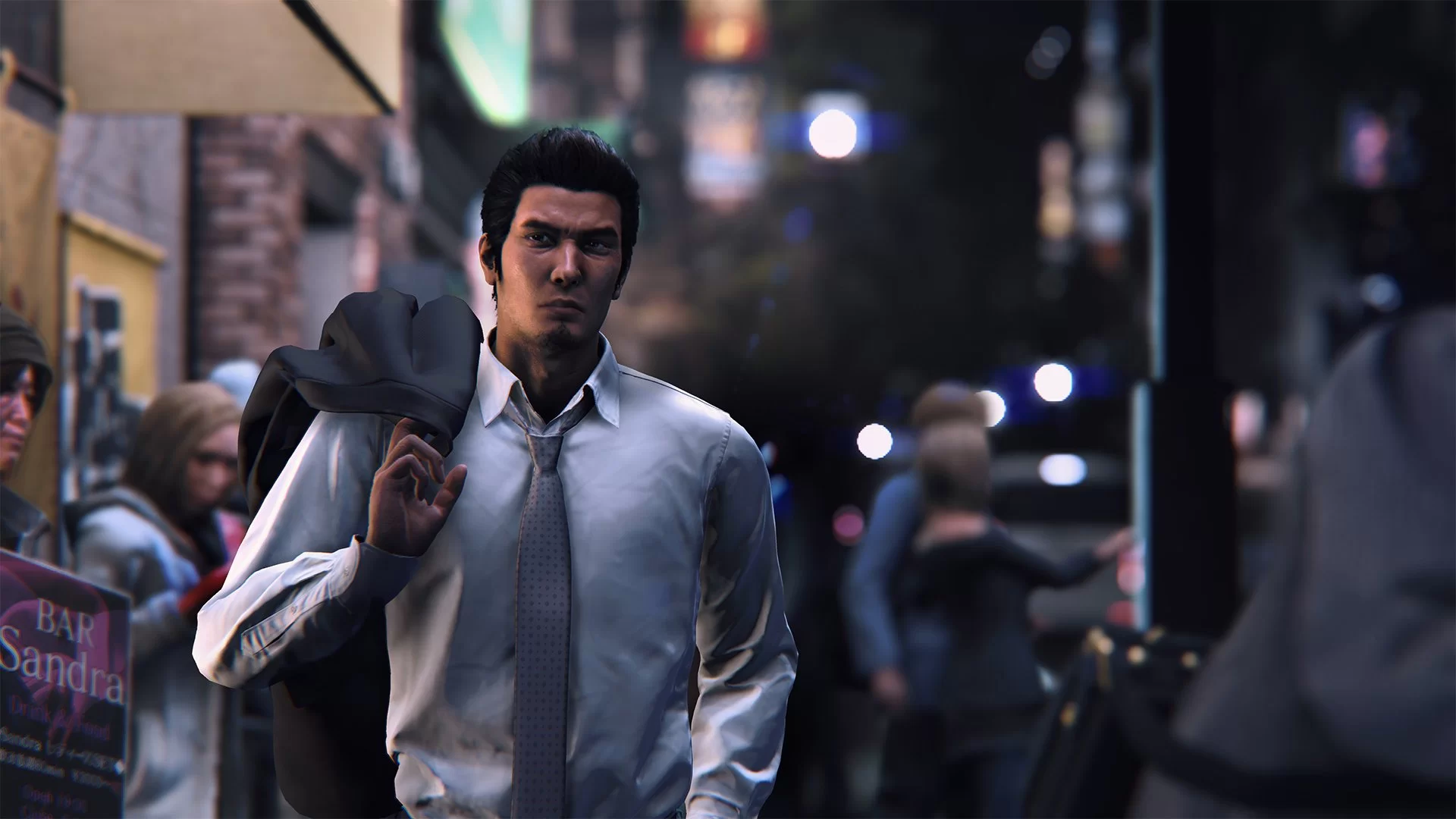

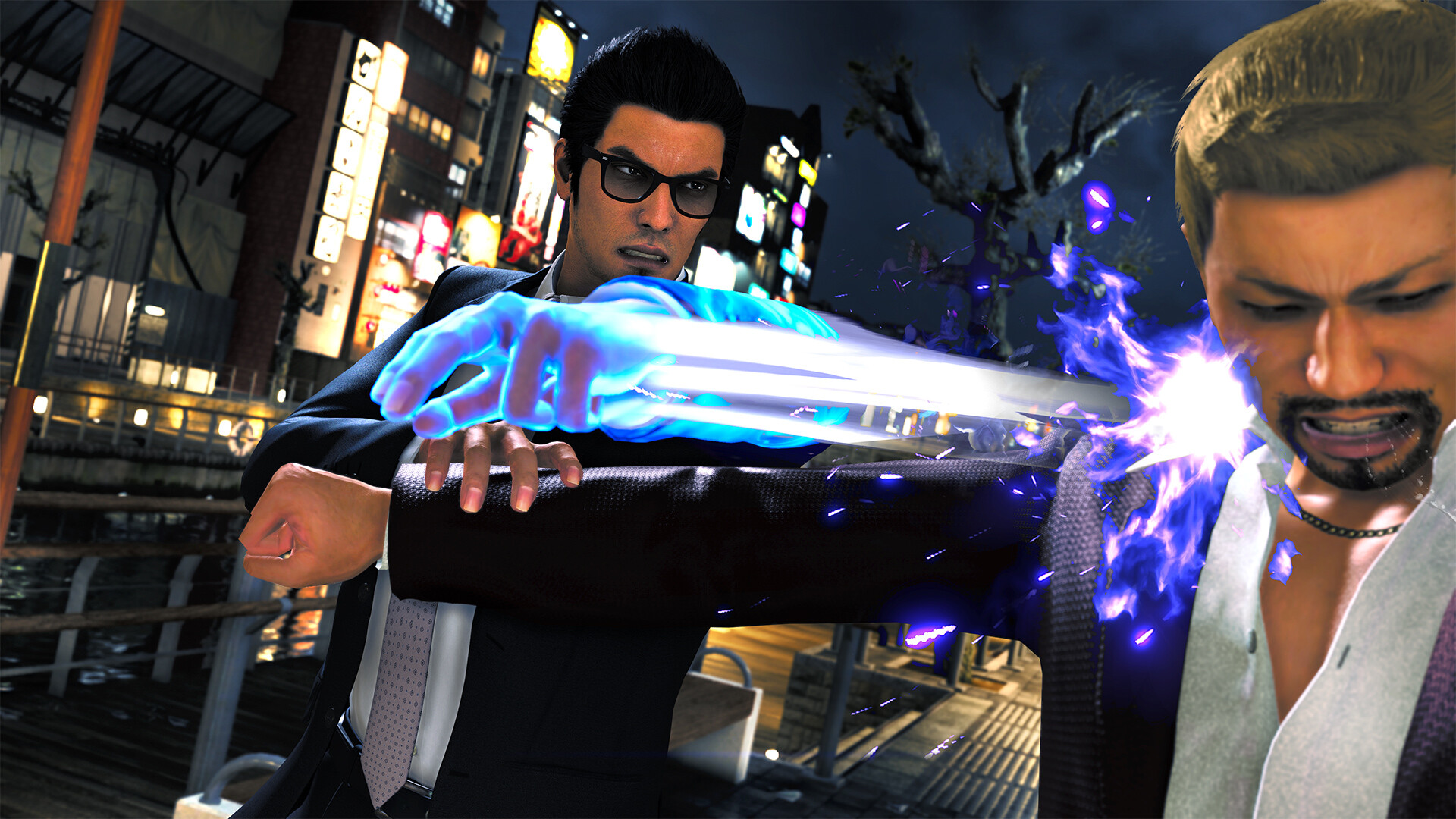
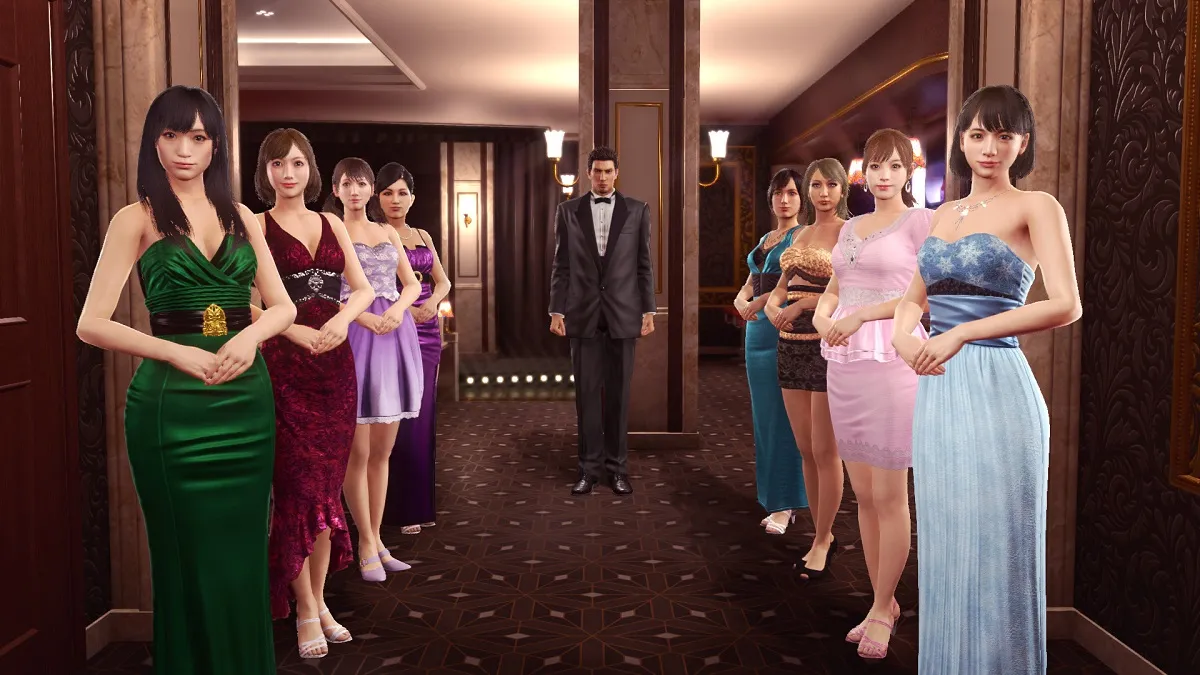
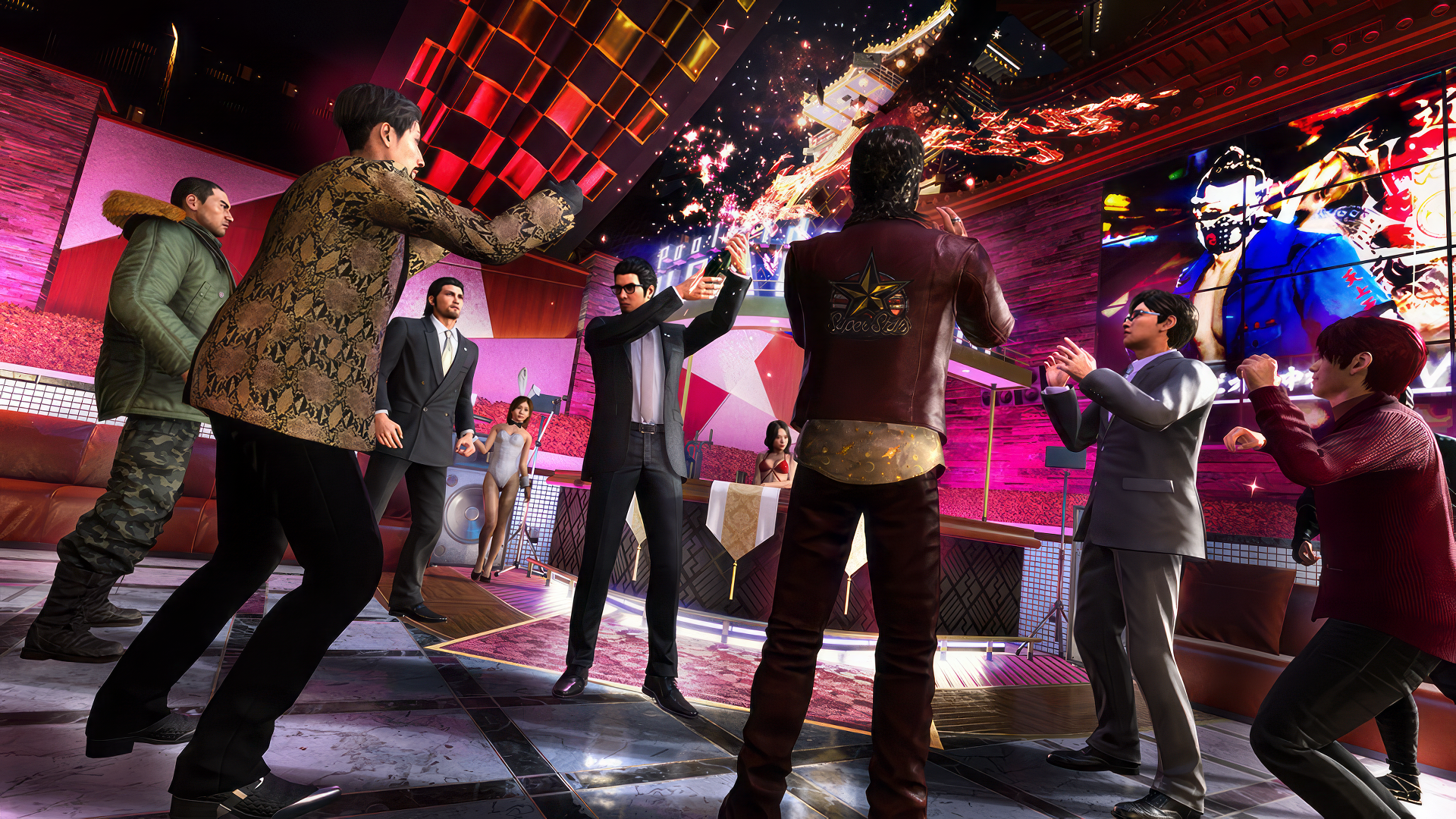

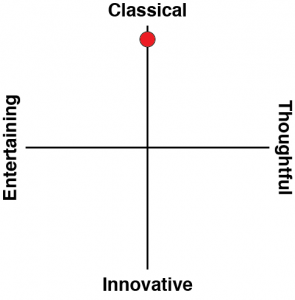
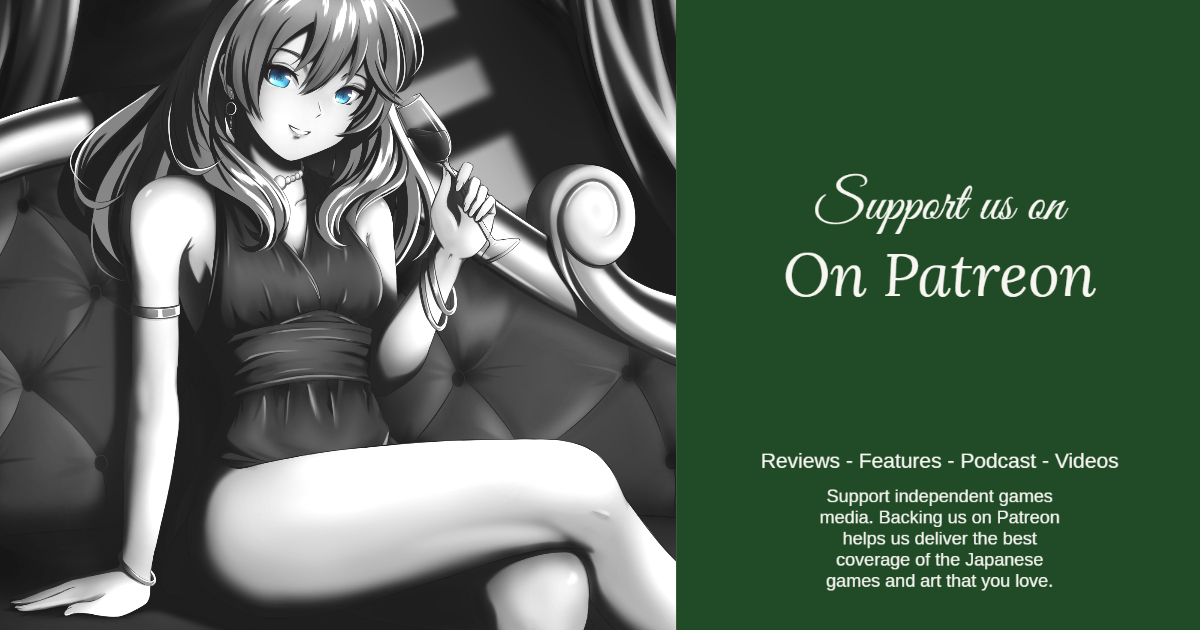


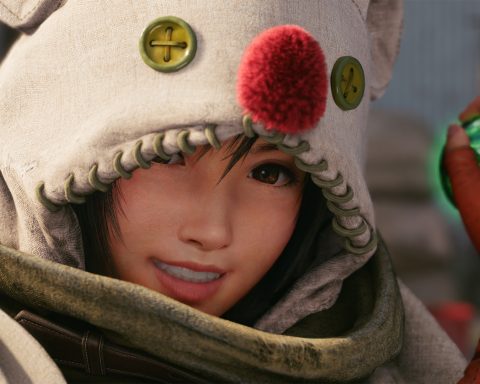
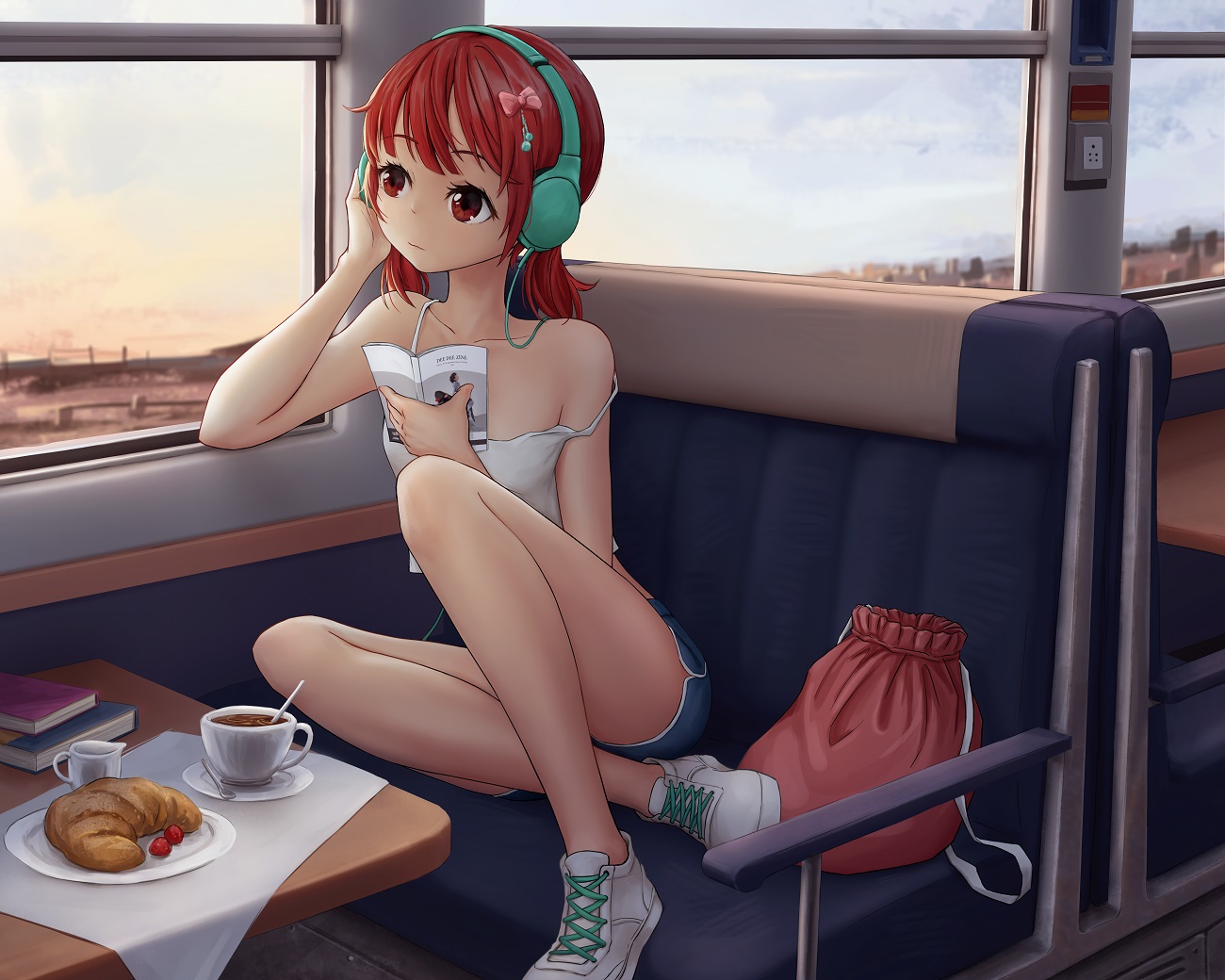
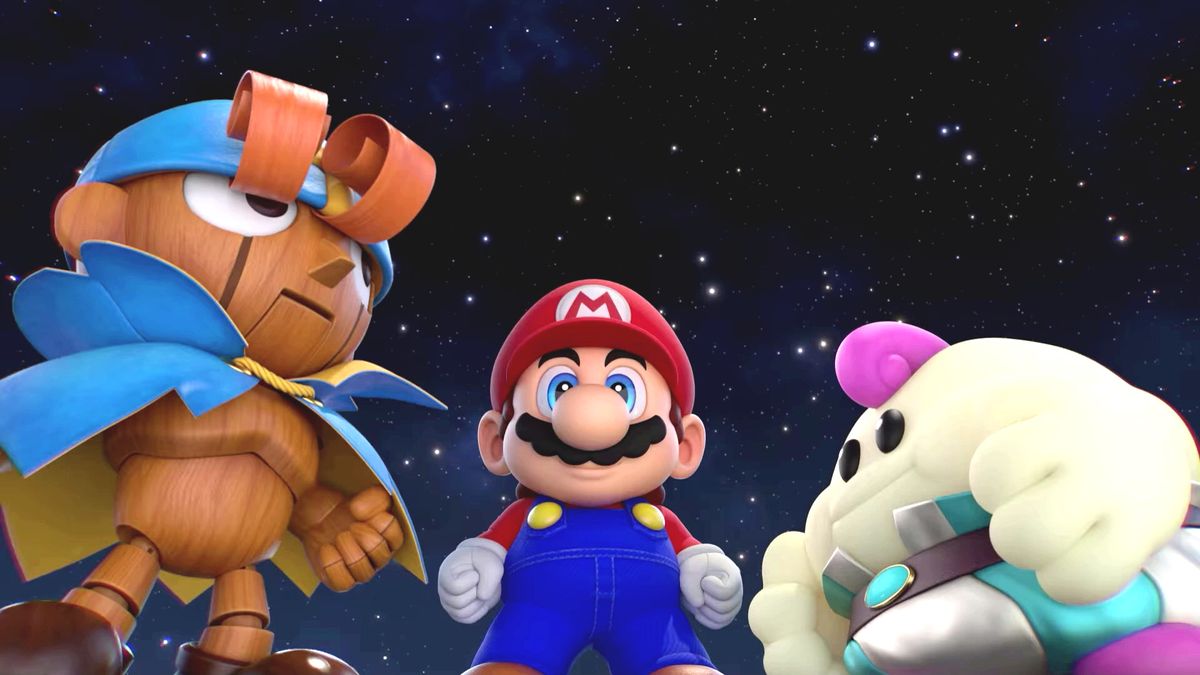




Hey
Do you think it would be possible to enjoy this game even without having played any of the previous episodes in the saga?
I’d thought I’d use Gaiden as a way to “feel the water” since it’s short and shiny and new.
The game does have a self-contained narrative, so you can play it as your first Yakuza without too much issue.
You’ll miss a bit, though. I still recommend either Kiwami or Zero as the first Yakuza game for people to get fully immersed in the series from the outset.
Thanks for the heads up, I’ll try it out.
You seem to like noir so I was wondering if you had any recommendations of serious story-rich games in this genre, regardless of type and country of origin. Barring RGG’s Judgment which I already played.
It’s crazy how this wasn’t on my radar at all. I thought there was a new game in the works with the same actor, but with supernatural themes instead of the Yakuza world. Was I dreaming this stuff up? I’m a bit sad now…
Regardless, I guess this is proof of the over-saturation hinted at in this review.
There’s a supernatural Yakuza coming? That’s the first I’ve heard of it if so. They have dipped into that territory in the past (there’s a zombie one from waaaay back in the early days of the series). If they do go through with that I hope it’s better than the zombie one, haha.
I’d love something like that. Very sure this was a mistake by my brain, but I won’t let that stop me from manifesting this game into existence; one dream at a time 🙂